The COVID-19 pandemic has significantly impacted global health, and the rapid development of mRNA vaccines emerged as a promising solution. However, despite the pandemic’s resolution, concerns remain regarding the potential dangers of 100% N1-methyl-pseudouridine (m1Ψ) modification found in these vaccines. Recent evidence suggests that mRNA vaccines – particularly those with a 100% m1Ψ modification – may inhibit essential immunological pathways, leading to a reduced immune response and potential increased susceptibility to recurrent infections. Moreover, findings imply that these modified mRNA vaccines could potentially aid in cancer development. This article explores the implications of these discoveries and provides recommendations for future clinical trials involving mRNA vaccines in both cancer and infectious disease treatments.
Introduction
The emergence of the severe acute respiratory syndrome coronavirus 2 (SARS-CoV-2) and its subsequent COVID-19 disease turned the world upside down. The development of a vaccine became a top priority, leading to the rapid implementation of new technologies such as mRNA vaccines. These vaccines garnered significant attention and offered hope amid the pandemic, with the potential to prevent hospitalization and serious illness in those with comorbidities. However, recent studies have shed light on the effectiveness of these vaccines and their potential impact on cancer development, even in a post-pandemic world.
The m1Ψ-Modified mRNA Vaccines
mRNA vaccines work by introducing a small piece of the genetic material into the body, instructing cells to produce a harmless viral protein that triggers an immune response. This process enables the immune system to recognize and fight off the virus in the future. The novel aspect of COVID-19 mRNA vaccines is the inclusion of 100% m1Ψ modifications. This divergence from previous mRNA technologies and vaccines h as raised concerns.
In a melanoma model, it was discovered that adding 100% m1Ψ-modified mRNA to cancer cells stimulated cancer growth and metastasis. Non-modified mRNA vaccines had the opposite effect. This suggests that COVID-19 vaccines with 100% m1Ψ modification may potentially contribute to cancer development.
Implications and Recommendations
The rapid development and widespread use of mRNA COVID-19 vaccines have demonstrated the potential of this technology in combating pandemics. However, several concerning findings and drawbacks have surfaced, warranting a reevaluation of the future of mRNA vaccines. The cumulative evidence highlights the need to halt the development of mRNA vaccines with 100% N1-methyl-pseudouridine (m1Ψ) modification for the sake of public health and safety.
Firstly, the waning immunity observed with mRNA vaccines raises concerns about their long-term efficacy. These vaccines do not generate sterilizing immunity, leaving individuals vulnerable to recurrent infections. Second, the impairment of essential immunological pathways due to the 100% m1Ψ modification may lead to a reduced immune response to viral infections and a potential increased risk of cancer development. Furthermore, recent studies have indicated that mRNA vaccines might have unpleasant and potentially long-lasting side effects on certain populations, such as those with a history of certain allergies.
Given these findings, it is crucial to reorient research efforts towards developing mRNA vaccines with lower percentages of m1Ψ modification. Utilizing alternative technology, like traditional protein-based vaccines, would provide a safer and more effective approach to prevent and control future infectious diseases. In conclusion, the potential dangers associated with the 100% m1Ψ modification in mRNA vaccines outweigh their benefits, and further development of these vaccines should be stopped to prioritize the health and well-being of the global population.
SOURCE: DOI STUDY


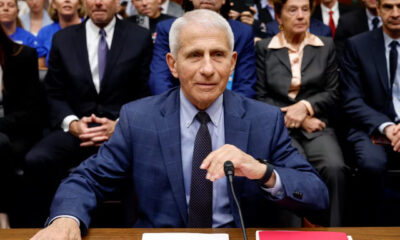

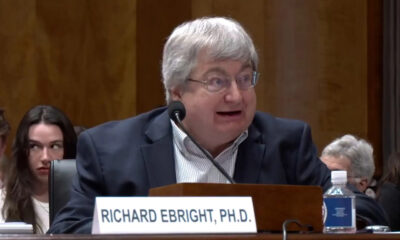

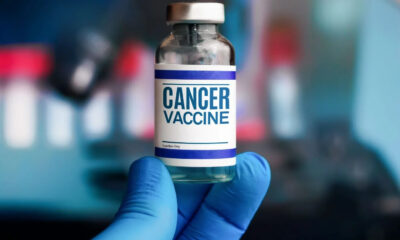

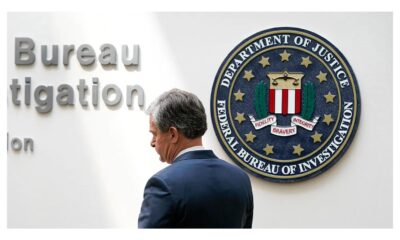






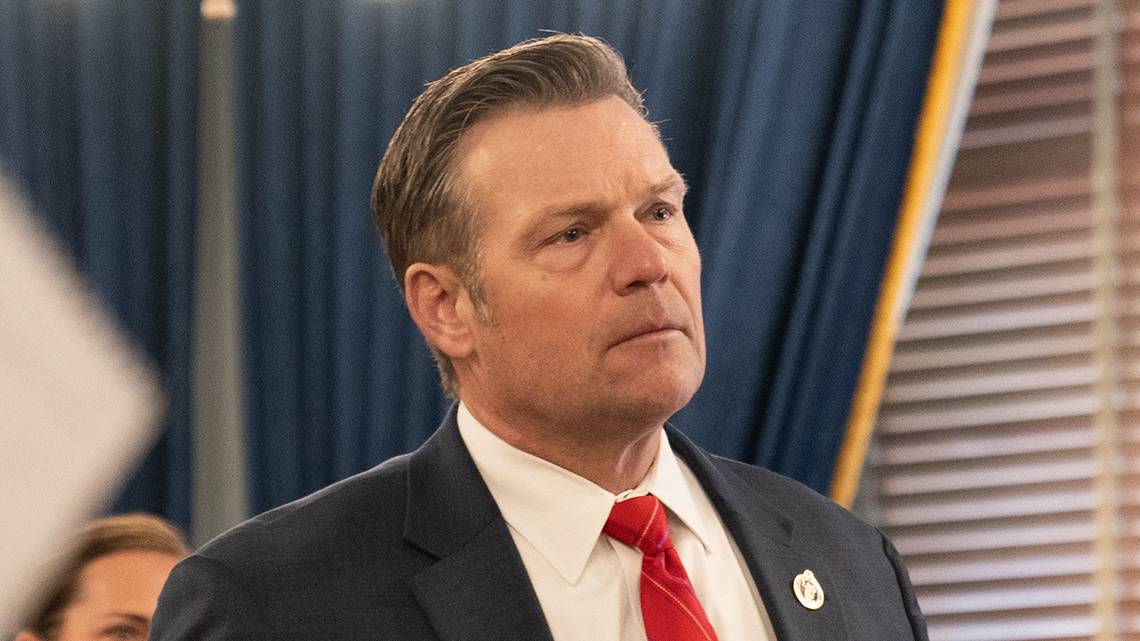
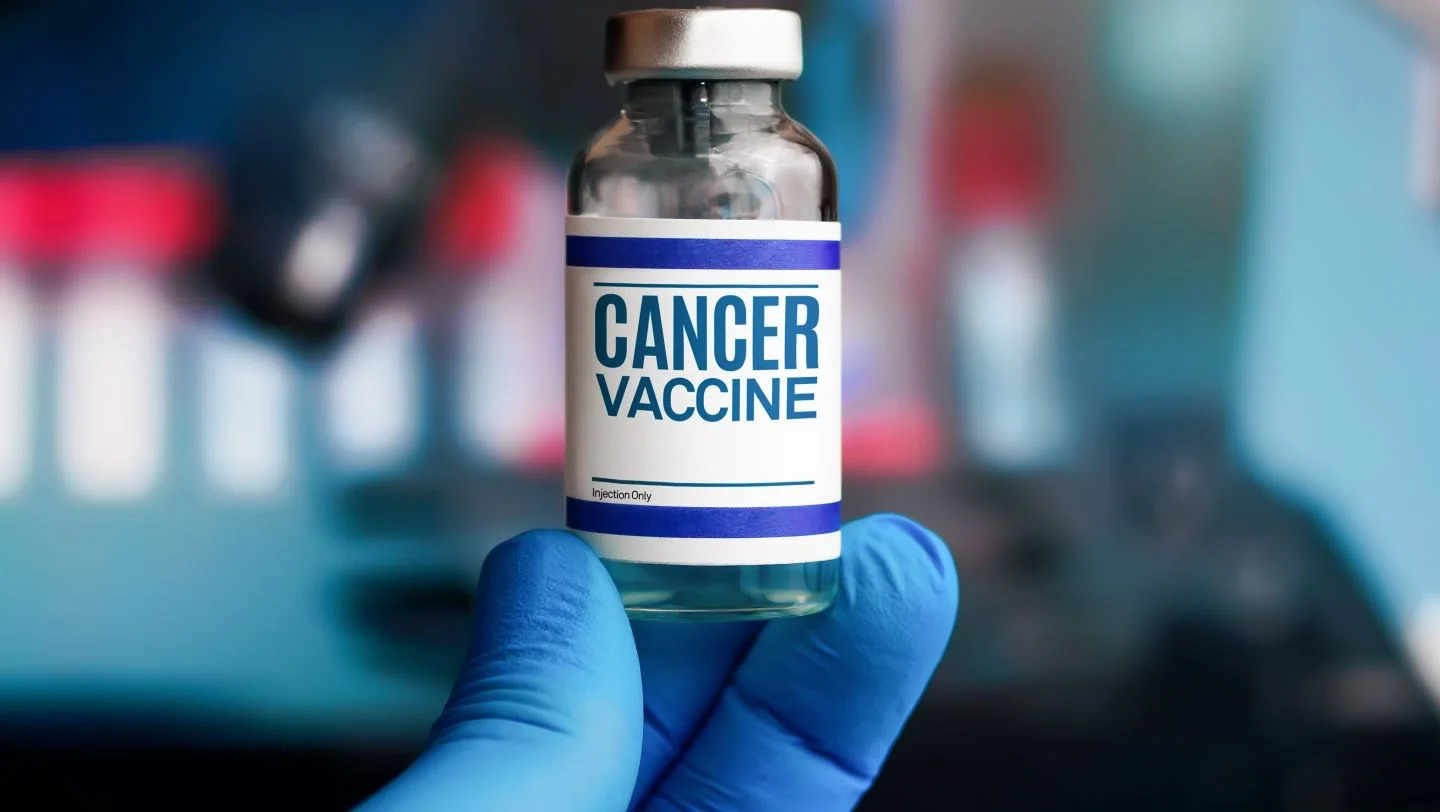






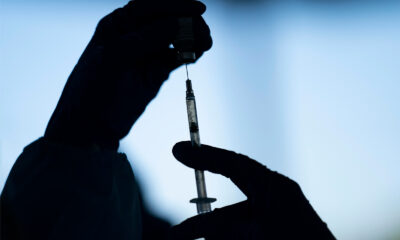














You must be logged in to post a comment Login